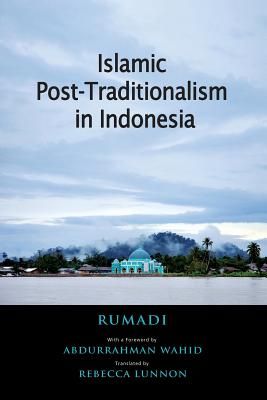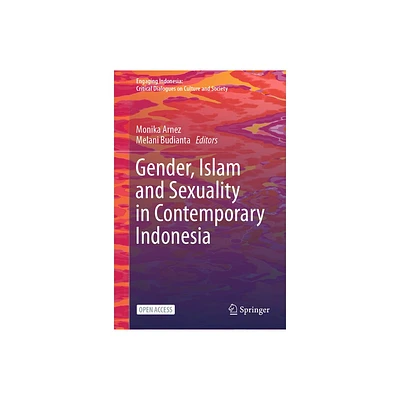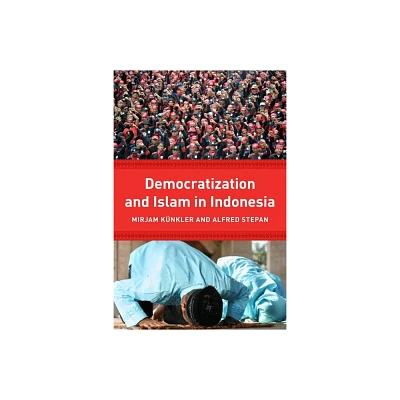Home
Islamism and the Quest for Hegemony in Indonesia
Loading Inventory...
Barnes and Noble
Islamism and the Quest for Hegemony in Indonesia
Current price: $129.99


Barnes and Noble
Islamism and the Quest for Hegemony in Indonesia
Current price: $129.99
Loading Inventory...
Size: OS
*Product Information may vary - to confirm product availability, pricing, and additional information please contact Barnes and Noble
This book examines the failure of Islamic politics in becoming a hegemonic force in Indonesia and the far-reaching consequences for current practices of democracy and of Islam itself. In contrast to the thesis of compatibility between Islam and democracy following the dominant discourse of the Global War on Terror (GWOT) and neoliberal democracy, this study situates Islamic politics in broader social settings by examining its nature and trajectories throughout Indonesia’s modern political history. The book thus investigates how the practices of Islamic politics, or Islamism, have shaped and been transformed through political contestations and the formation of coalitions of multiple forces in constructing Indonesia’s socio-political landscape.
Using the concept of hegemony from poststructuralist discourse theory, the analytical framework applied in this book goes beyond liberal epistemologies of Islamism that prescribe the separation of religion from politics and treat Islamism as an object of intervention. Instead, the book is premised on the contention that Indonesia is a political construction, in which Islam has become one of the major discourses that have defined and transformed Indonesia’s nation-state throughout history. In this view, it is argued that the nature and dynamics of Islamism are not driven primarily by different interpretations of religious doctrines, cultural norms or by the imperative of institutions. Rather, the struggles of different Islamist projects in their quest for hegemony are contingent on the outcomes of socio-political changes and contestations that involve multiple political forces, both within and beyond the Islamists, in specific historical conjunctures.
Using the concept of hegemony from poststructuralist discourse theory, the analytical framework applied in this book goes beyond liberal epistemologies of Islamism that prescribe the separation of religion from politics and treat Islamism as an object of intervention. Instead, the book is premised on the contention that Indonesia is a political construction, in which Islam has become one of the major discourses that have defined and transformed Indonesia’s nation-state throughout history. In this view, it is argued that the nature and dynamics of Islamism are not driven primarily by different interpretations of religious doctrines, cultural norms or by the imperative of institutions. Rather, the struggles of different Islamist projects in their quest for hegemony are contingent on the outcomes of socio-political changes and contestations that involve multiple political forces, both within and beyond the Islamists, in specific historical conjunctures.


















